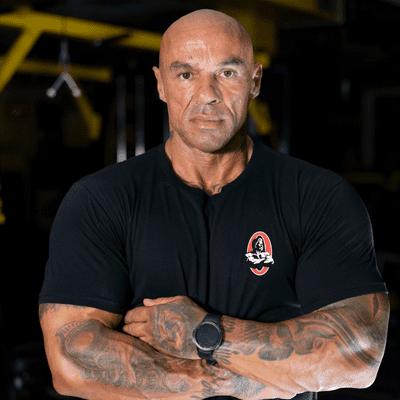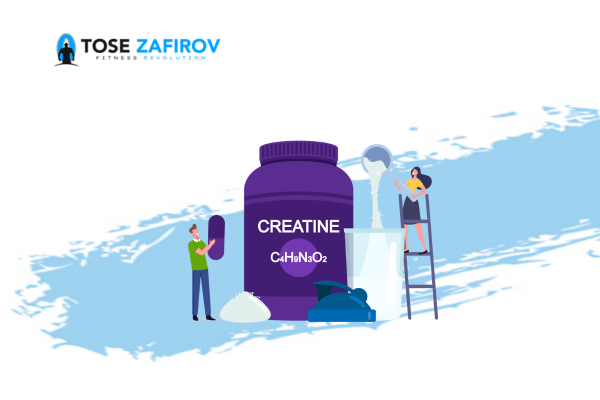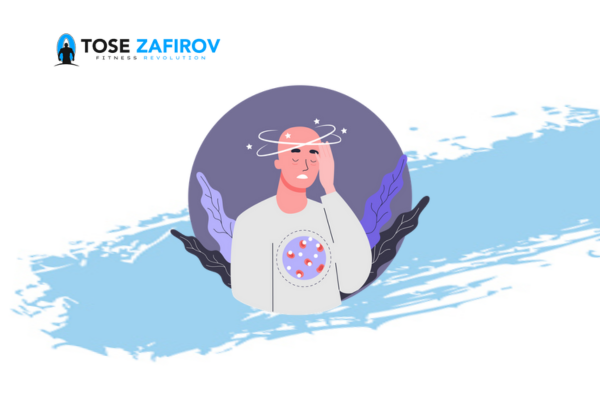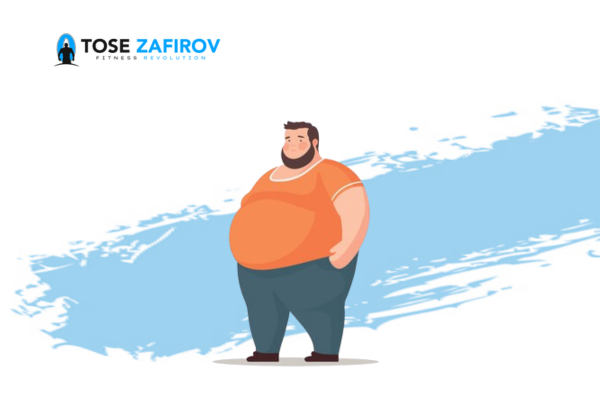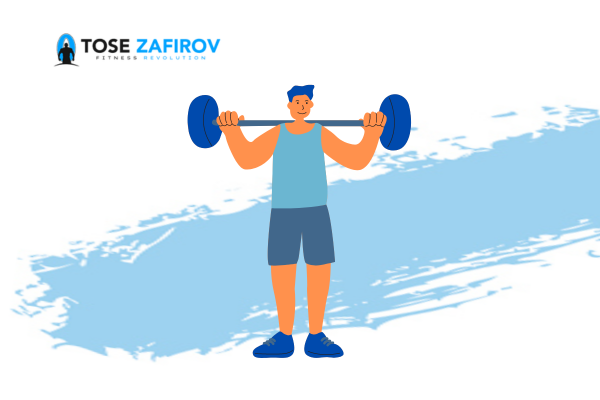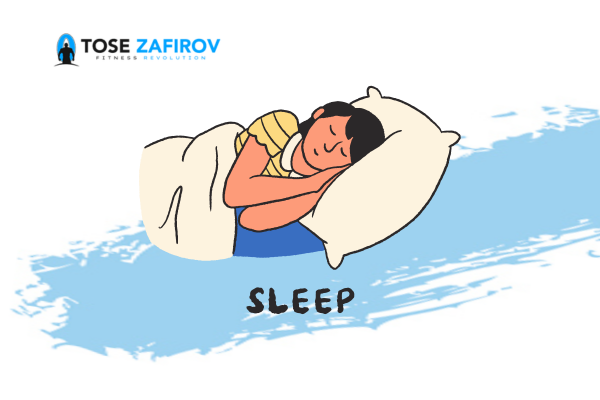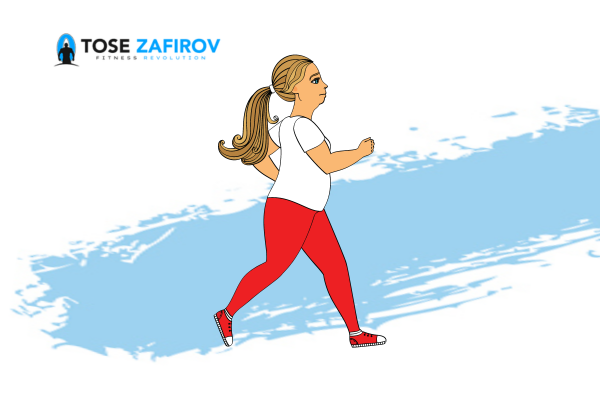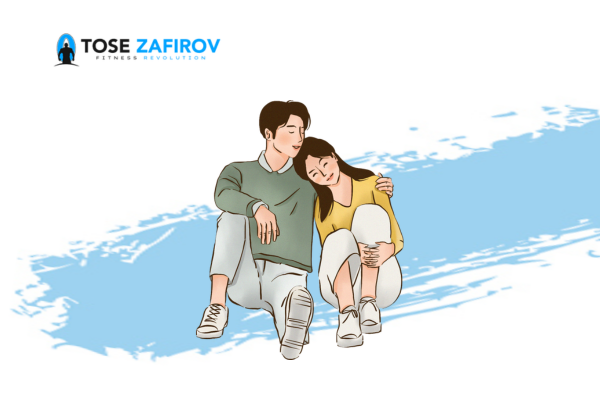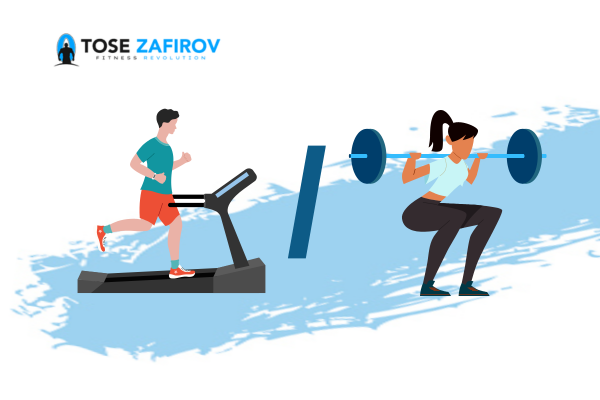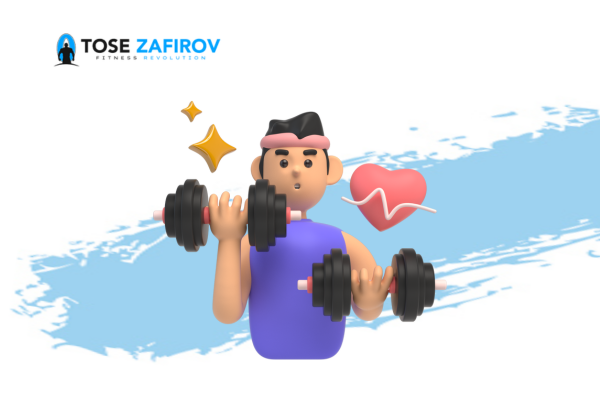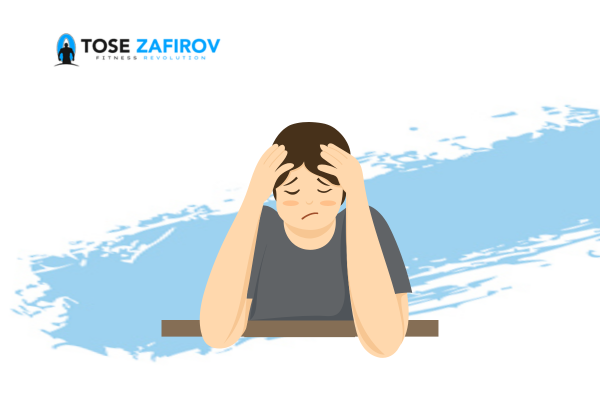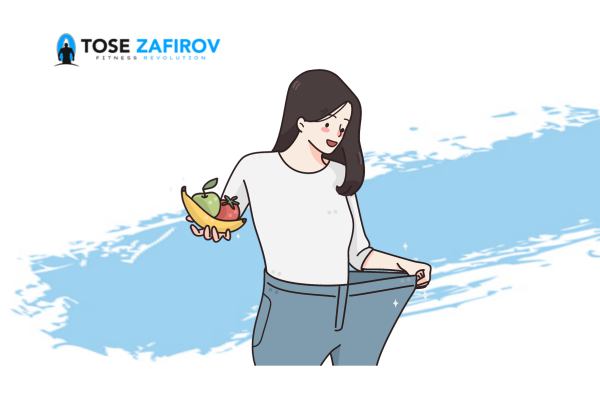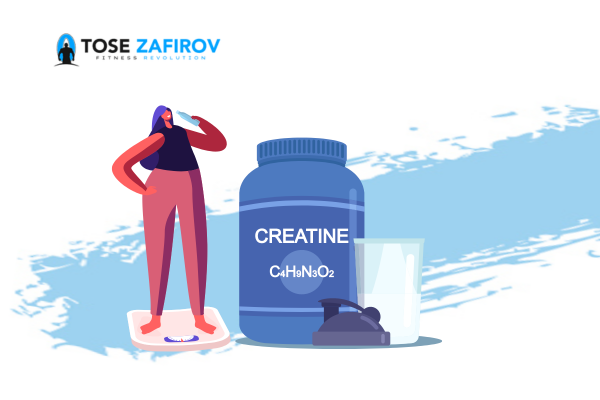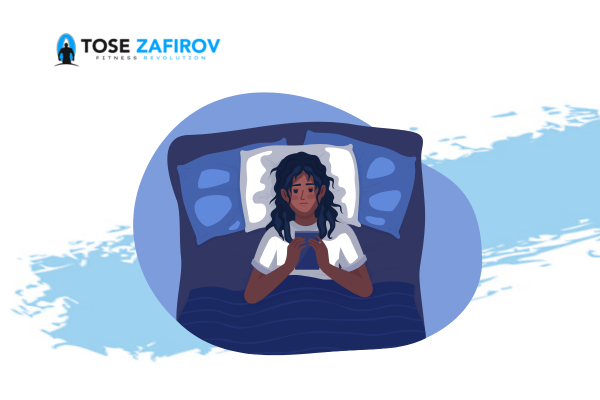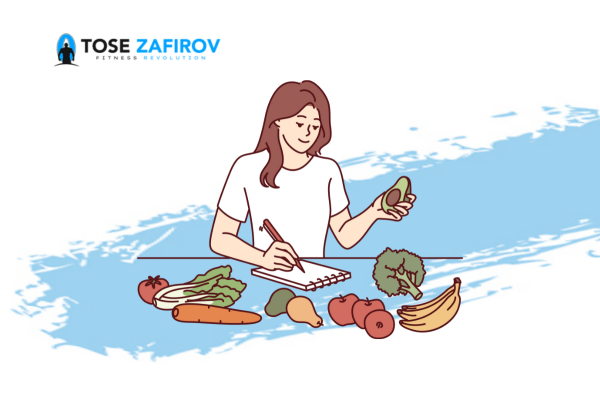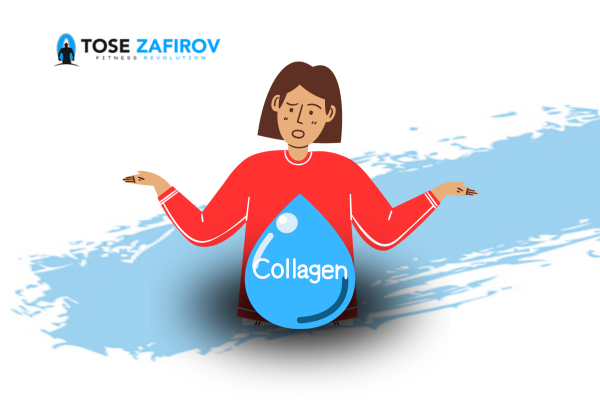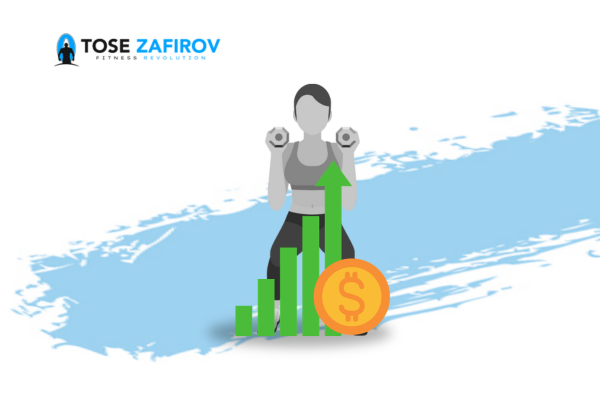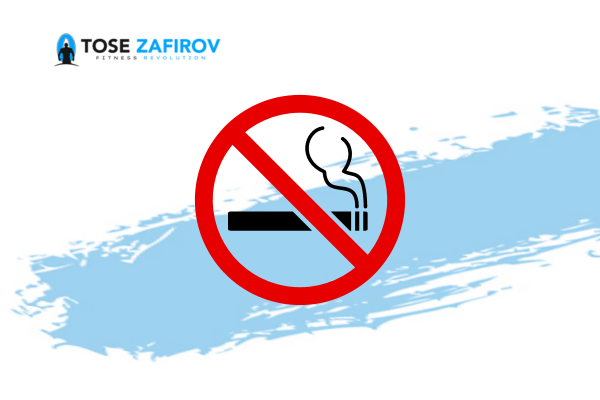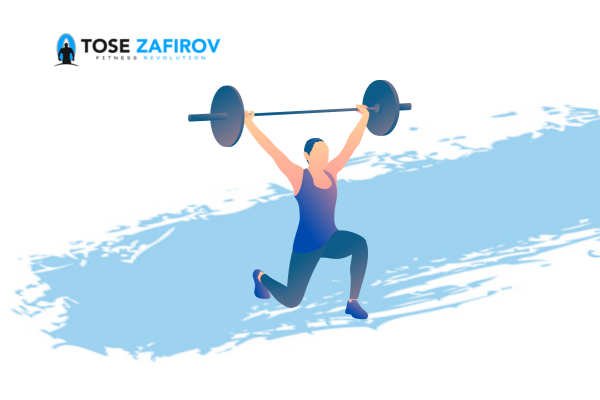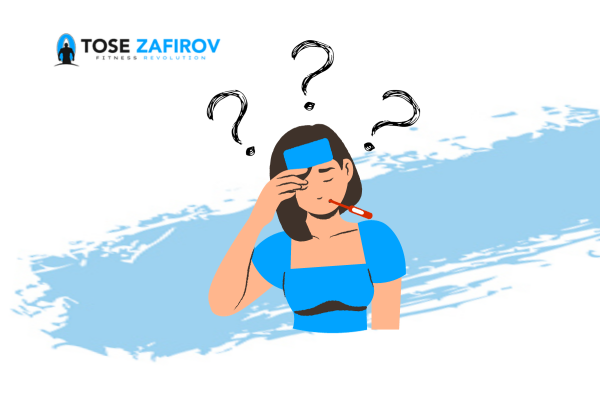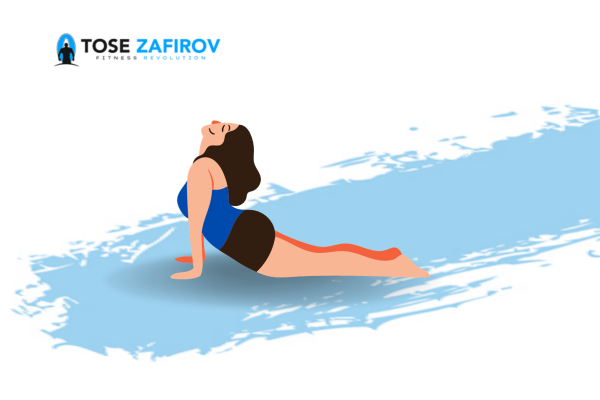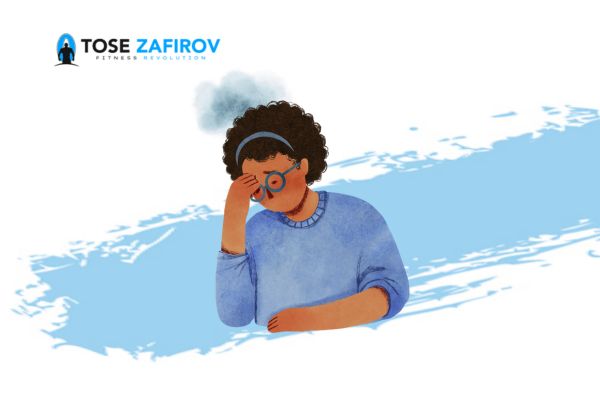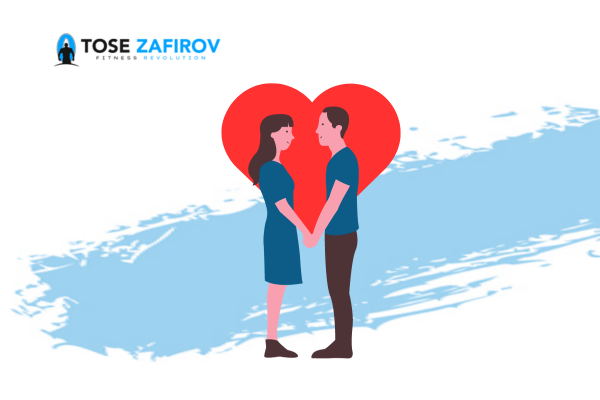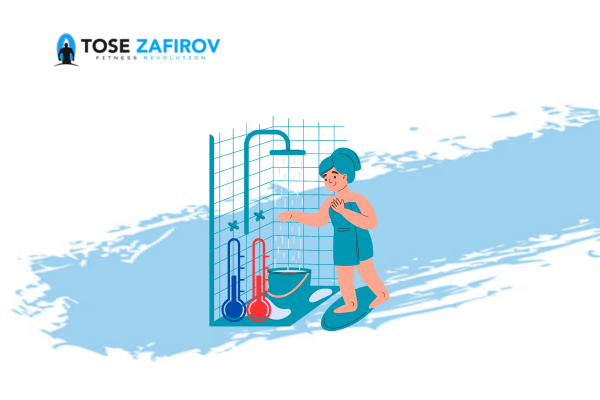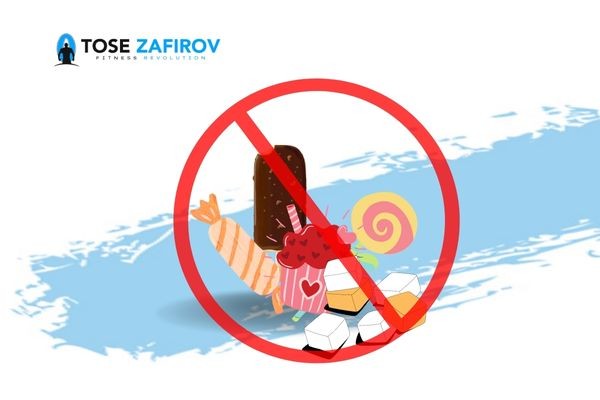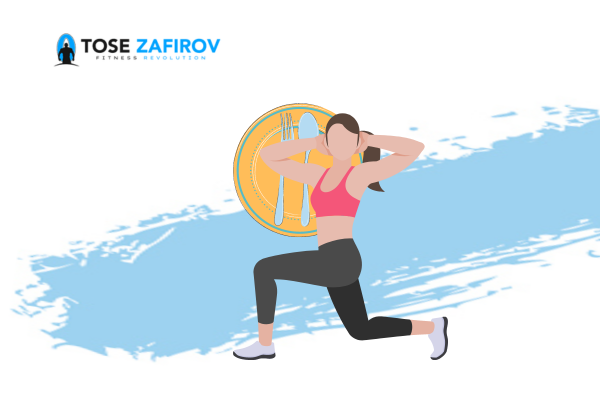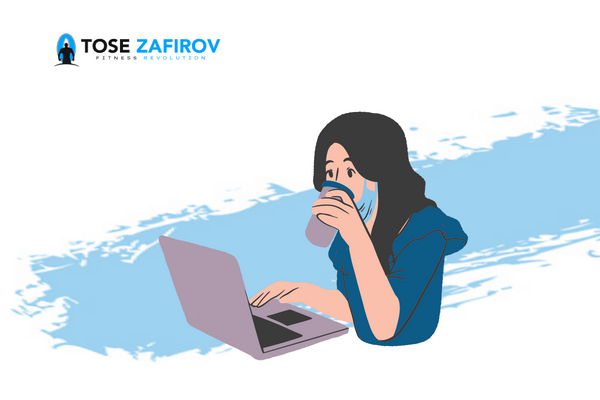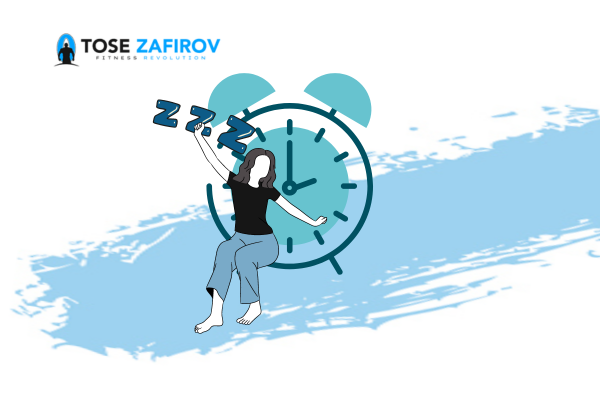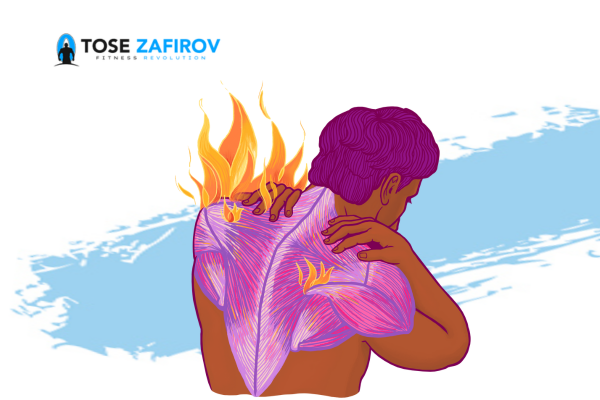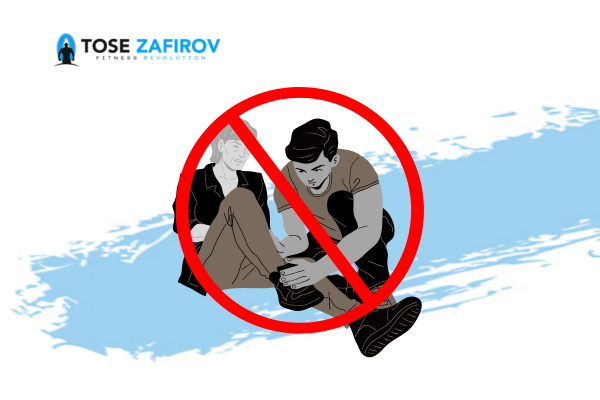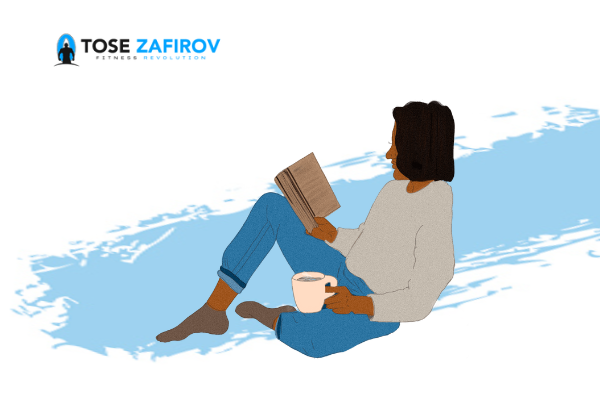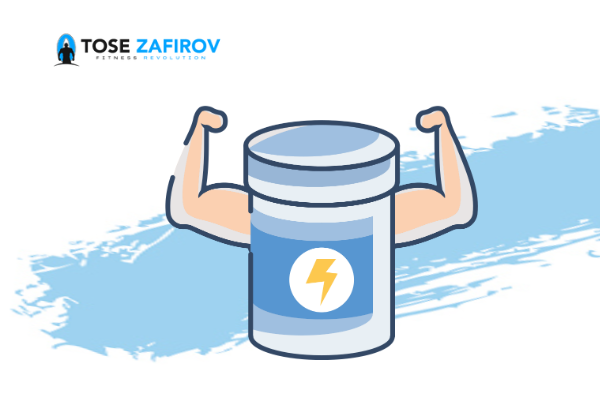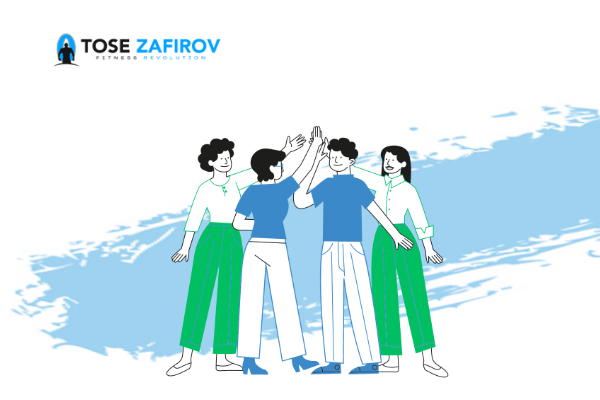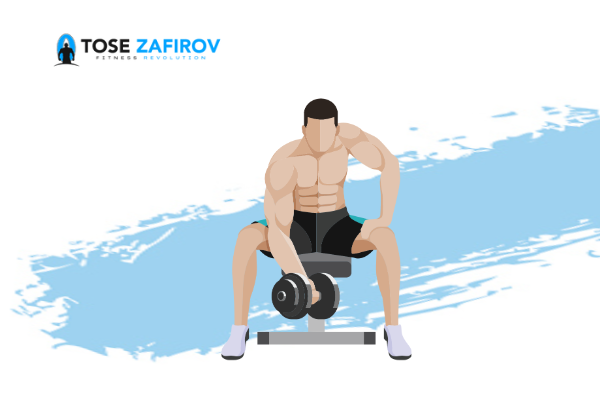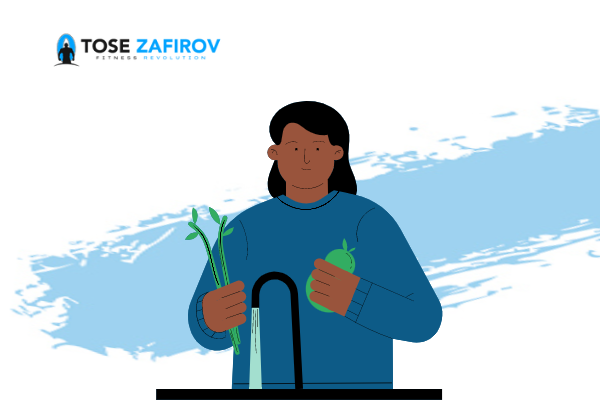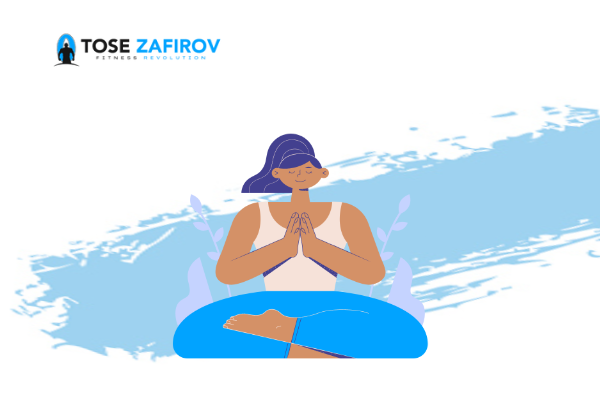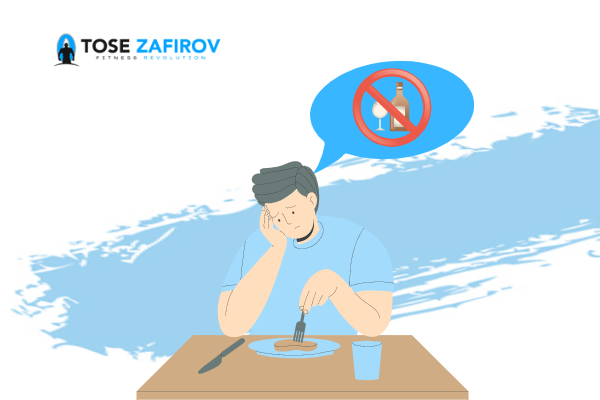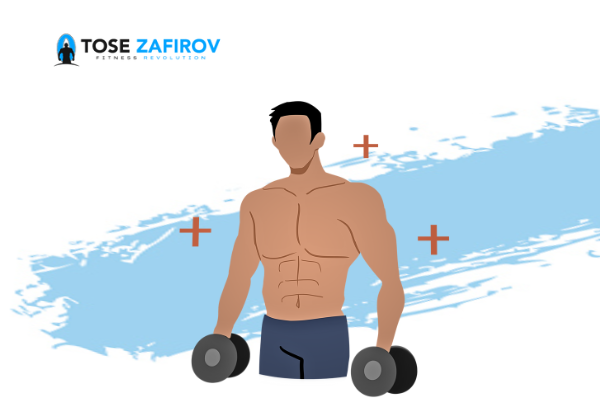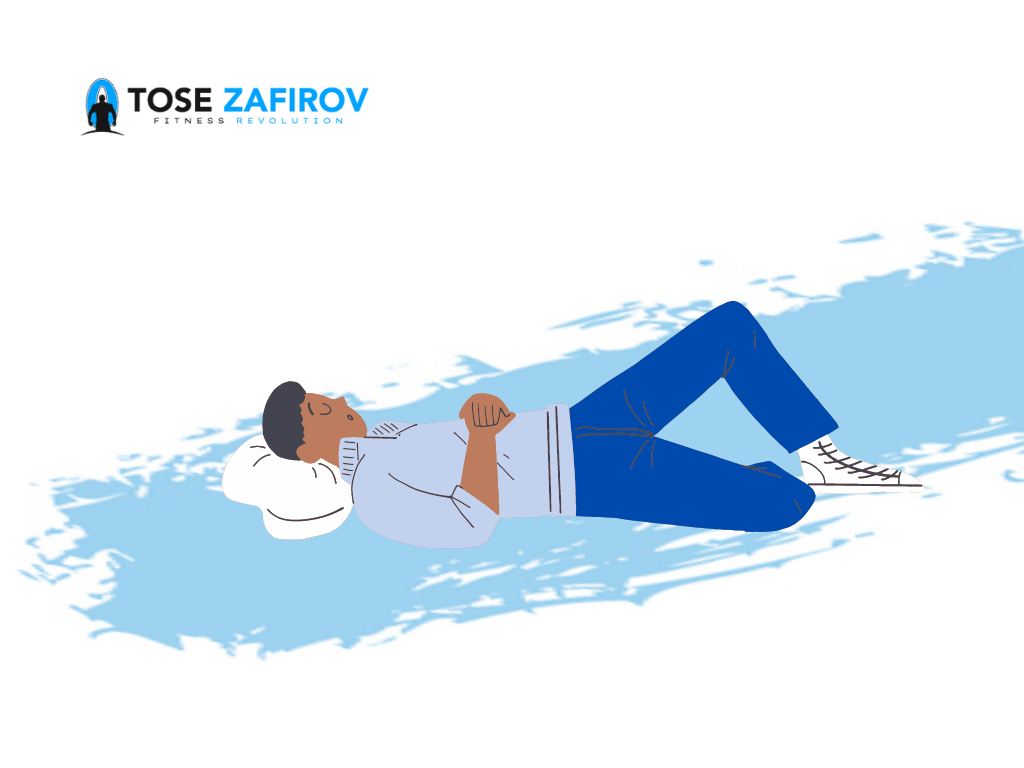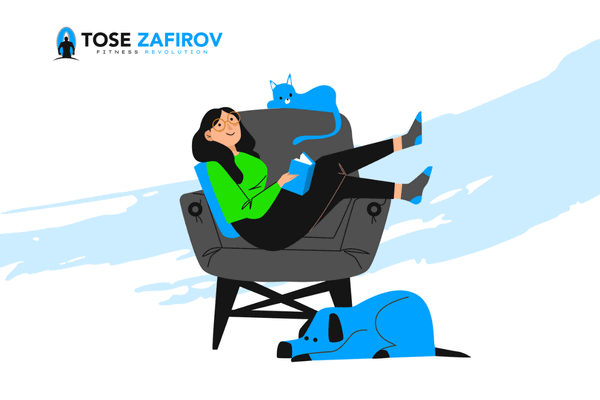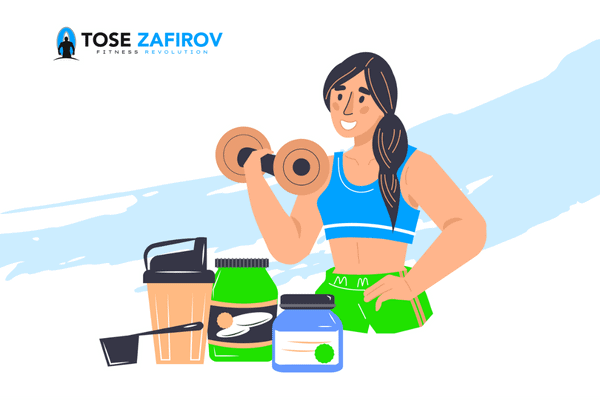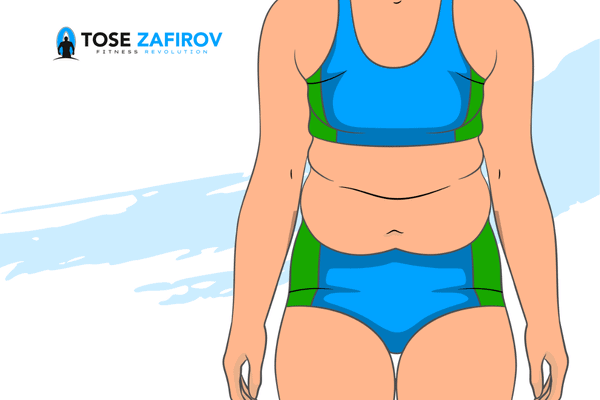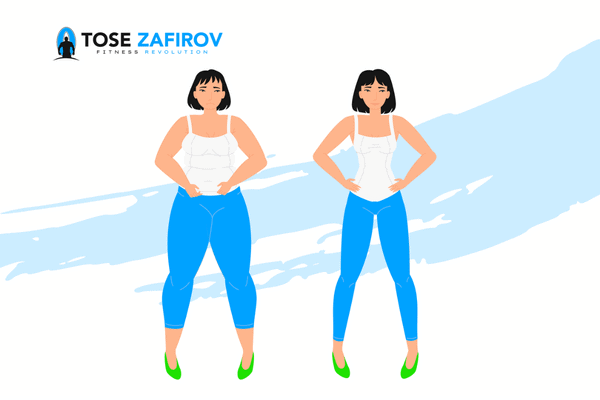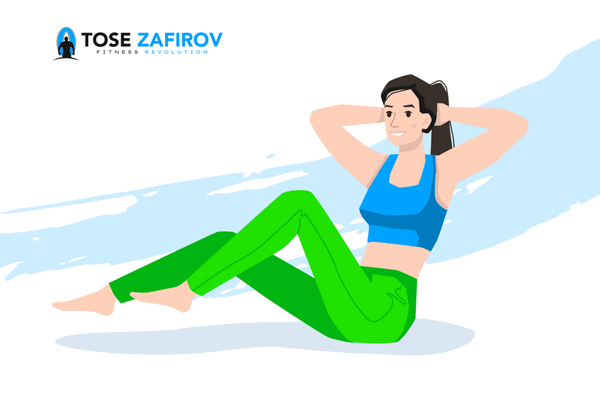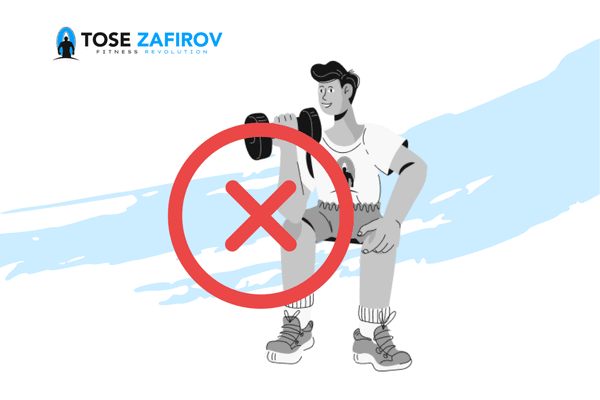Small changes in your sleep routine may help you fall asleep faster. These might include making the room cooler, practicing the 4-7-8 breathing method, and avoiding screens before bedtime.
Key Takeaways:
- Learn 20 practical tips to enhance your sleep quality.
- Understand the impact of room temperature on sleep and how to optimize it.
- Explore the 4-7-8 breathing method developed by Dr. Andrew Weil.
- Establish a consistent sleep schedule to regulate your internal clock.
- Harness the benefits of daylight exposure and practice mindfulness for better sleep
Proper sleep is vital for physical and mental well-being.
However, nearly 35% of the American population experiences trouble sleeping, which may have negative cognitive and physical effects, according to the Centers for Disease Control and Prevention (CDC).
Poor sleep may increase your risk of:
cardiovascular disease
type 2 diabetes
obesity
stress, anxiety, and depression
impaired learning, memory, and mood
Adults require around 7 hours of sleep per 24-hour period, per the CDC, though the recommended hours of sleep changes as you age.
20 tips to help you fall asleep
If you’re experiencing trouble falling asleep, here are 20 ways to help you fall asleep as fast as possible.
Lower the room temperature
A hot sleeping environment may affect a person’s thermoregulation, which could in turn impact their sleep quality.
Thermoregulation is your body’s internal temperature.
When you lie down and prepare for sleep, your body begins to shed heat through blood vessel dilation. This process sends a sleep onset signal to your body.
Gradually, your core body temperature decreases until waking up again.
Maintaining a room temperature ranging from 15.6–19.4°C, per the National Sleep Foundation, may help keep your body temperature low and promote sleep onset.
A 2019 research review suggests that bathing in warm water 1–2 hours before sleep may also speed up thermoregulation and help you fall asleep faster.
It also found that people who bathed in water ranging from 104°F–108.5°F (40.0°C–42.5°C) for as little as 10 minutes before bedtime reported improvements in their sleep.
More research is needed, but these findings are promising.
Try the 4-7-8 breathing method
The 4-7-8 method is a cyclical breathing technique that may promote calmness and help you unwind before bed.
Dr. Andrew Weil, an integrative medicine doctor, developed it. The technique is based on pranayama exercises in yoga.
Steps to complete one cycle
- Place the tip of your tongue behind your upper front teeth.
- Exhale completely through your mouth and make a “whoosh” sound.
- Close your mouth and inhale through your nose while mentally counting to 4.
- Hold your breath and mentally count to 7.
- Open your mouth and exhale completely, making a “whoosh” sound while mentally counting to 8.
- Repeat this cycle at least three more times.
Set a sleep schedule
A sleep schedule may help you fall asleep faster.
Your body has its own near-24-hour regulatory system called the circadian rhythm. This internal clock cues your body to feel alert during the day but sleepy at night.
It also has an important role in maintaining physiological cycles, such as your metabolism, thermoregulation, and sleep-wake cycles.
Waking up and going to bed at the same time each day could help regulate your internal clock.
Note
Lastly, research recommends giving yourself 30–45 minutesto wind down in the evening before getting in bed. This may allow your body and mind to relax and prepare for sleep.
Experience both daylight and darkness
Per research published in 2022, light exposure could influence your body’s internal clock, which regulates sleep and wakefulness. It may also help dictate the duration, timing, and quality of your sleep.
Research suggests that every additional hour spent outside may lead to sleep onset happening 30 minutes earlier.
Daylight exposure may also increase evening fatigue, as well as sleep duration and quality.
That said, timing is important, as too much evening light exposure may prevent you from falling asleep and hinder melatonin production.
Melatonin is an essential hormone for sleep that’s produced in darkness.
Note
Finding a balance between light and darkness is therefore important. This could be done by exposing your body to daylight throughout the day and using blackout curtains at night.
Practice yoga, meditation, and mindfulness
When people are stressed, they tend to have difficulty falling asleep.
Research suggests that yoga may positively effect the quality, efficiency, and duration of sleep.
Yoga encourages the practice of breathing patterns and body movements that could help release the accumulated stress and tension in your body.
A 2012 research review suggests that meditation may enhance melatonin levels and help the brain enter a state where sleep is more easily achieved.
Lastly, according to research, mindfulness may have a positive impact on your stress levels, sleep quality, and cognitive function. It could help you focus on the present, rather than worrying about falling asleep.
Avoid looking at your clock
Waking up in the middle of the night is normal, but not being able to fall back asleep may be frustrating.
It’s common for people with insomnia to look at their clock every time they wake up. This is known as clock-watching or time monitoring behavior (TMB), which research suggests may increase brain stimulation and exacerbate anxious feelings of sleeplessness.
Waking on a regular basis without falling back asleep may also cause your body to develop a routine. As a result, you might find yourself waking up in the middle of the night every night.
Pro Tip
Removing the clock from your room may help reduce your feelings of sleep-related anxiety. Alternatively, if you need an alarm in the room, you can turn your clock around to avoid looking at it when you wake up during the night.
Avoid naps during the day
Poor sleep at night may lead to daytime napping. In fact, research indicates that nearly 40% of the American population unintentionally falls asleep during the day at least once a month.
While short naps may improve alertness and well-being, there’s mixed research about the effects of napping on nighttime sleep.
In a small 2015 study involving 440 college students, the poorest nighttime sleep quality was observed in those who reported taking 3 or more naps per week, those who napped for more than 2 hours, and those who napped late (between 6 p.m. and 9 p.m).
A small 2016 study involving 236 healthy high school students suggests that daytime napping may lead to shorter nighttime sleep duration, and lower sleep quality and efficiency.
That said, a 2022 literature review suggests that daytime naps do not negatively impact an adult’s nighttime sleep.
Pro Tip
To find out if naps are affecting your sleep, try eliminating them altogether or limiting yourself to a 30-minute nap early in the day.
Watch when and what you eat
The time you eat during the day may affect your sleep quality.
Research results from the American Time Use Survey suggest that eating within 1 hour before bedtime increases your chances of waking up after falling asleep.
The types of food you eat may also affect your sleep quality.
For example, one research review suggests that even though a high carb diet may get you to fall asleep faster, it will not be restful sleep. Instead, high fat meals could promote a deeper and more restful sleep.
That said, there’s a lot of conflicting research on the effects of such dietary specifics.
Listen to relaxing music
Research suggests that listening to relaxing music may help improve sleep onset, quality, and duration for people with insomnia. It may also provide comfort and relaxation before bedtime, which may in turn reduce anxiety.
A small 2012 study involving 50 people suggests that those who were exposed to soothing music for 45 minutes at bedtime had a more restful and deeper sleep compared with those who did not listen to music.
Another systematic review involving hospitalized people and published in 2023 suggests that listening to 30 minutes of relaxing music in the evening significantly increases sleep quality.
Lastly, if relaxing music is not available, blocking out all noise with earplugs may help you fall asleep faster.
Exercise during the day
When, where, and for how long you exercise may have a significant impact on your sleep.
Research suggests that older adults who engage in longer physical activity during the day sleep better.
Moderate and intense exercise, especially outdoors, may also positively impact your sleep quality.
However, it’s important to maintain a moderate-intensity exercise routine and to be mindful of when you exercise.
Working out early in the morning may help establish your circadian rhythm and lead to better sleep in the evening. Contrarily, exercising 2 hours before bed may decrease sleep quality, especially if you’re in a gym with bright lights.
Some activities that you could do include:
- running
- hiking
- cycling
- lifting weights
Get comfortable
A comfortable mattress and bedding may have a remarkable effect on the onset, depth, and quality of sleep.
A medium-firm mattress has been shown to positively affect sleep quality, and prevent sleep disturbances and muscular discomfort.
Your pillow may also impact your sleep by having an effect on:
- neck and spinal curve
- pillow and body temperature
- comfort
A 2014 study suggests that orthopedic pillows may be better for sleep quality than feather or memory foam pillows.
Sleeping with a weighted blanket may also have numerous benefits, such as:
- better sleep quality and duration
- more energy for daytime activity
- reduced symptoms of anxiety, stress, and depression
Note
Lastly, the fabric of the clothes you wear to bed may affect how fast you fall asleep. It’s crucial that you choose comfortable clothing made of fabric that helps you keep a pleasant temperature throughout the night.
Turn off all electronics
Watching TV, playing video games, and using a smartphone may make it significantly harder for you to fall — and stay — asleep.
This is partly because electronic devices emit blue light, which may suppress melatonin.
Using these devices also keeps your mind in an active and engaged state.
If you need to use your devices late in the evening, consider using eyeglasses to block out the blue light.
Pro Tip
That said, it may help to just disconnect and put away all your electronics before going to bed. This could help ensure a quiet place, free of distractions.
Try aromatherapy
Aromatherapy involves the use of essential oils and may help people with trouble falling asleep.
A systematic review of 30 studies suggests that aromatherapy may help improve sleep quality and reduce:
stress
- pain
- anxiety
- depression
A variety of different scents, such as peppermint and lavender, may help improve sleep.
Note
There are also a variety of ways to use essential oils, too. An essential oil diffuser could be helpful in infusing your room with relaxing scents that encourage sleep.
Write before bed
Some people may struggle to fall asleep because their thoughts keep running in circles.
Journaling and focusing on positive thoughts may help calm the mind and help you fall asleep faster.
A small 2011 study involving 41 college students suggested that writing resulted in reduced bedtime worry and stress, increased sleep time, and improved sleep quality.
A different study found that writing a to-do list, if only for 5 minutes, was even more effective than journaling at helping young adults fall asleep faster.
It may help to set aside 15 minutes every night to write about your day. Remember to focus on the positive events, your upcoming events, and how you feel at the time.
Limit caffeine intake
Caffeine is widely used among people to help with fatigue and stimulate alertness. Nearly 90% of adults in the United States consume at least one caffeinated drink every day.
That said, caffeine may negatively impact sleep onset, quality, and duration.
Although the effects of caffeine peak within 30 minutes, it may stay in your system for up to 10 hours after consumption.
A 2013 study suggests that consuming caffeine at least 6 hours before bedtime might still result in 1 hour less of sleep. These accumulated lost hours may have a negative effect.
Instead, drinking a noncaffeinated bedtime tea may help promote sleep and relaxation.
Adjust your sleep position
Good quality sleep may depend on your body position during the night.
There are three main sleeping positions:
- back
- stomach
- side
Traditionally, it was believed that back sleepers (supine) had a better quality of sleep.
However, this might not be the best position to sleep in as it could lead to blocked airways, sleep apnea, and snoring.
Although individual preferences play an important role in choosing a sleep position, the side position may provide the best quality sleep.
Read
Reading a print book may have many benefits, including helping you unwind before bed.
One study suggests that reading a paper book during the hour before bed may help increase sleep quality, duration, and efficiency.
Contrarily, reading from an e-book may impact these sleep factors.
Electronic books emit blue light, which reduces melatonin secretion. Lowered melatonin levels make it harder for you to fall asleep and could lead to more fatigue the following day.
Therefore, it’s recommended to read a physical book to help improve your sleep.
Focus on trying to stay awake
Paradoxical intention (PI) is a sleeping technique that involves intentionally staying awake, rather than forcing yourself to sleep.
It’s designed to reduce performance anxiety and stress produced by forcing yourself to fall asleep.
Although the research is mixed, some studies suggest that PI may help improve sleep onset, duration, and quality.
Visualize happy things
Engaging your imagination may be more calming than counting sheep.
A 2011 study suggests that picturing and concentrating on an environment that makes you feel peaceful and relaxed could take your mind away from the thoughts that keep you up at night.
Older research from a 2002 study also found that imagery distraction helped quicken sleep onset compared with people who had general distractions or no instructions.
Try sleep-enhancing supplements
Certain supplements may help you fall asleep faster, boost the production of sleep-promoting hormones, or help calm brain activity.
Some of these supplements include:
- magnesium
- 5-HTP (5-hydroxytryptophan)
- melatonin
- L-theanine
- GABA (gamma-aminobutyric acid)
Pro Tip
Before trying any of these supplements, it’s important to speak with a doctor. The supplements may have side effects or negative interactions with other medications.
The bottom line
Quality sleep is crucial for overall well-being. With these 20 actionable tips, you can take control of your sleep routine, improve sleep onset, and enhance the depth and duration of your rest. From lifestyle adjustments to relaxation techniques, prioritize your sleep for a healthier, more energized life.

